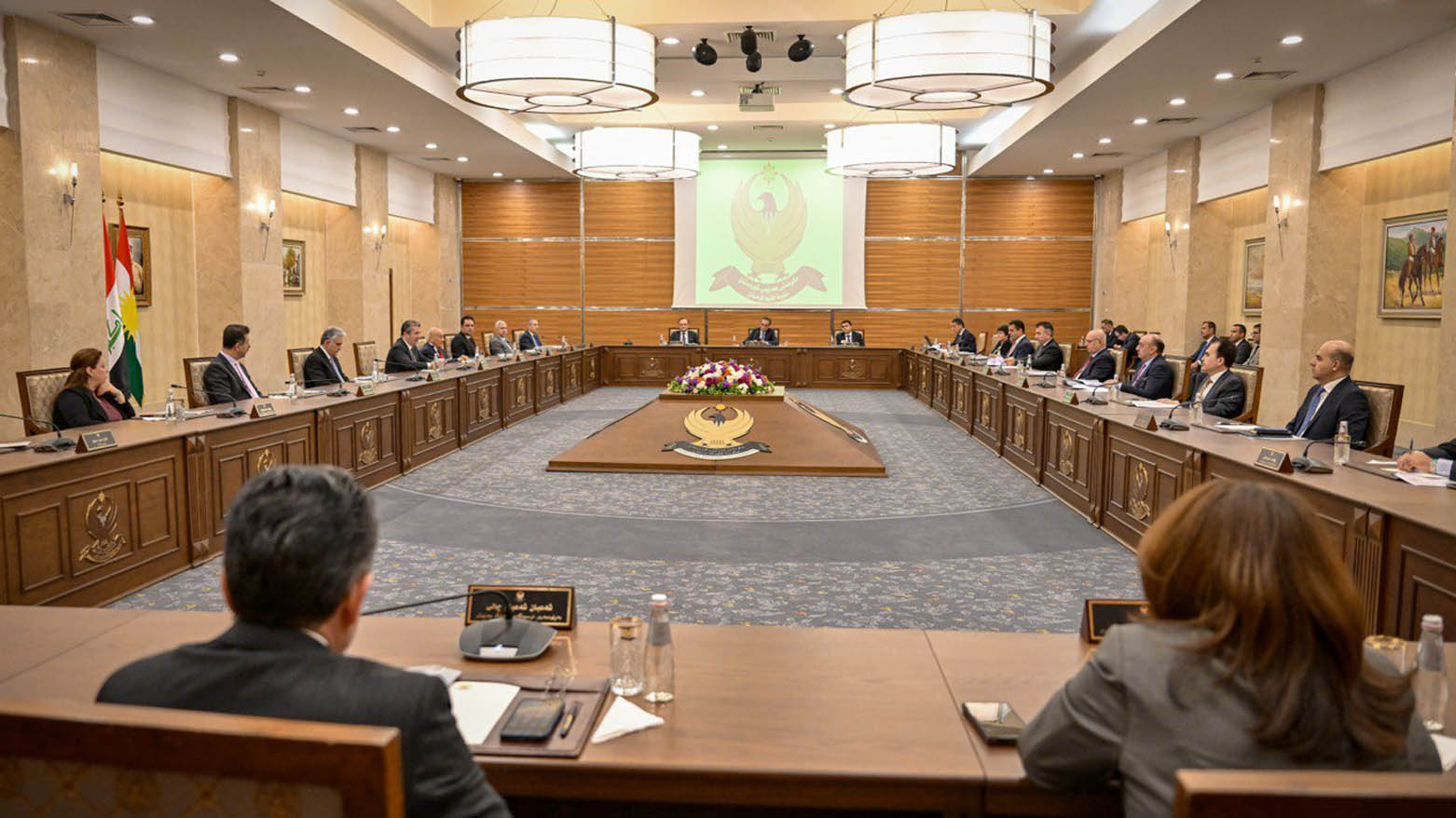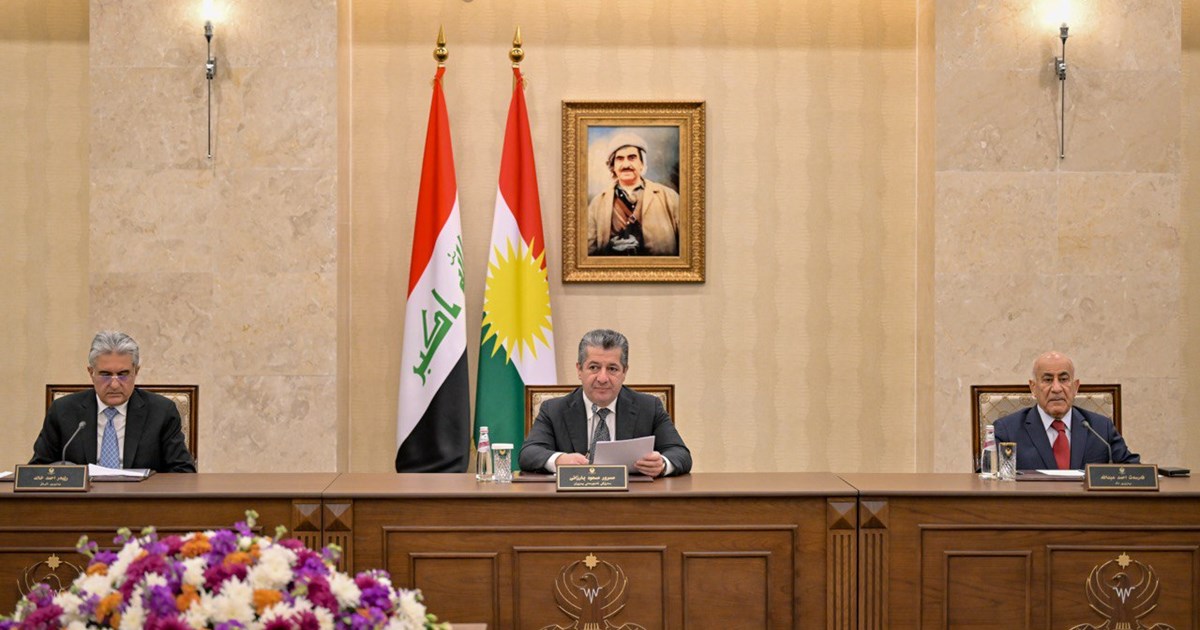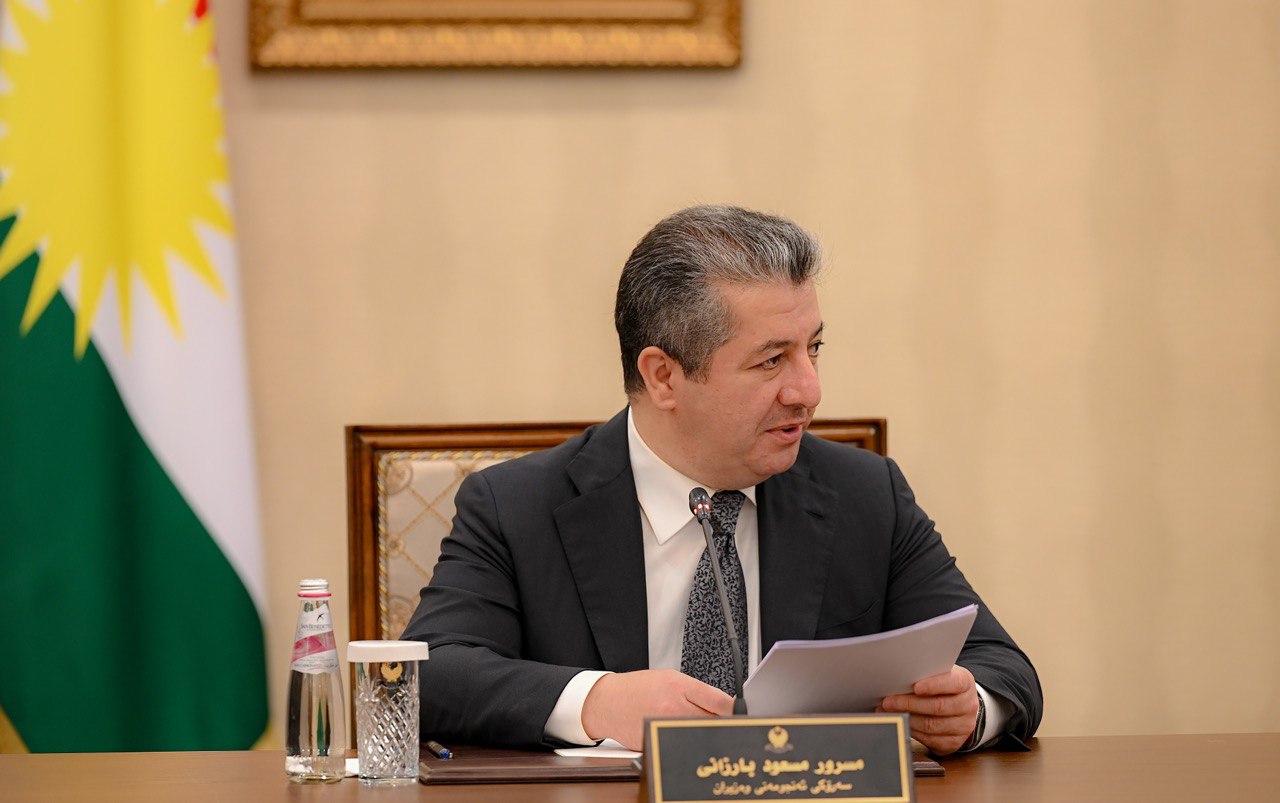KRG Approves Runaki Project to Provide 24-Hour Electricity Across Kurdistan Region by 2026
Prime Minister Barzani emphasized that the Runaki Project stands as one of the most significant achievements of the KRG’s ninth cabinet.

ERBIL (Kurdistan24) – Kurdistan Region Prime Minister Masrour Barzani on Wednesday reaffirmed the government’s commitment to ensuring 24-hour electricity for all citizens, describing the “Runaki Project” as a transformative initiative during a Kurdistan Regional Government (KRG) Council of Ministers meeting.
Prime Minister Barzani emphasized that the Runaki Project stands as one of the most significant achievements of the KRG’s ninth cabinet. The national project, approved by the Kurdistan Parliament in July 2019, aims to deliver continuous electricity, reduce consumption costs, prevent waste, ensure fair distribution, and protect public health and the environment. It will be implemented by the public sector in coordination with the Ministry of Electricity.
"This project addresses a longstanding and legitimate demand of our people and marks a major step forward in improving the quality of life across the Kurdistan Region,” Barzani said, urging citizens to use electricity responsibly and avoid unnecessary waste. He noted that electricity consumption will be measured, and users will be charged based on actual use.
The Prime Minister stated that by 2026, all areas in the Kurdistan Region will benefit from uninterrupted power supply.
Electricity Minister Kamal Mohammad Salih presented a comprehensive report to the Council, outlining the project’s technical components, citizen benefits, and the reforms already implemented during the pilot phase.
Following a detailed discussion, the Council of Ministers unanimously approved the draft decision for the Runaki Project. The Ministry of Electricity was tasked with issuing implementation guidelines, with special attention to the needs of low-income families and vulnerable communities.
In a separate agenda item, the Council addressed the designation of ministries and non-ministerial bodies to support the Joint Audit Board—comprising the Federal Bureau of Financial Supervision and the Kurdistan Region Board of Supreme Audit.
The Council reiterated the necessity of sustained cooperation with the Federal Government and emphasized constitutional recognition of the Kurdistan Region as a federal entity. It further stressed that the Region has met all legal, technical, and accounting standards required for civil servant salaries and pensions, rights which are protected under Iraqi law and affirmed by the Federal Supreme Court.
Wednesday’s session underscored the KRG’s focus on service delivery, financial transparency, and strengthening institutional ties within Iraq’s federal framework.


